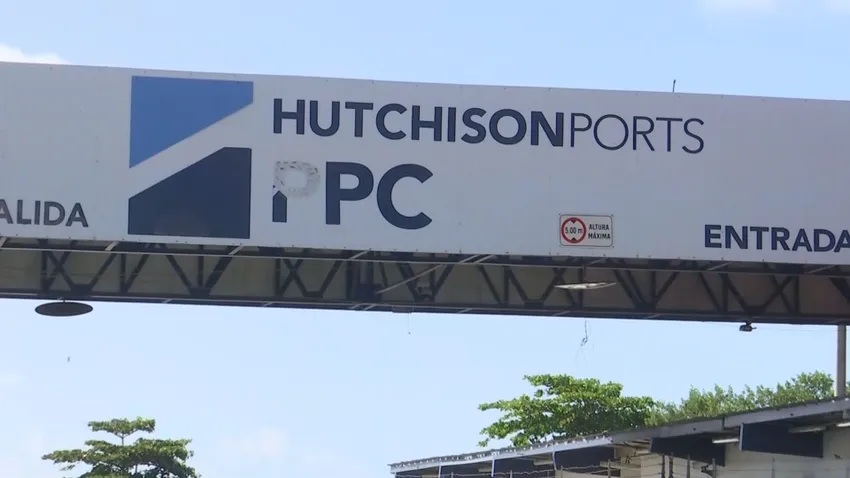Protecting Panamas most valuable assets

 From the sidelines
From the sidelines
Politicians the world over love to attend school graduation ceremonies and make enthusiastic speeches about the country’s most valuable assets … students.
During election campaigns the message is even stronger and words pour out about revamping the system, building better equipped schools, improving security and genuinely building those future assets. The teachers and their needs are barely mentioned.
Once the vote is pocketed and talk comes to walk, the story changes: insufficient funds, teachers and parents are too demanding, re-assessment is underway , there are other priorities and finding an educational expert to head a ministry is too difficult.
In Canada once, a high school drop out who managed to build a successful trucking business named education minister by the provincial premier who hadn’t made the grade as a school teacher. This at a time when there was widespread concern about the increasing rate of high school drop outs.
“Hey dad, why do I need to stay in school learning how to write English and dumb stuff like history. The Minister of education dropped out, and he’s a millionaire.”
In Panama education gets an even shorter end of the stick, and the needs of teachers come far down the line. Our current education minister is a well meaning (aren’t we all) journalist occupying a chair whose two previous incumbents are awaiting trial for misusing funds intended to repair schools (Stealing from the country’s “most valuable assets”).
Since she took office, there has been a constant war with teachers, most of whom are underpaid and many doing double duty teaching in the public and private systems. That some are under qualified is a result of long term neglect of that same valuable asset.
Schools across the country are woefully equipped, many without even basic supplies, including some in the capital city. Security is minimal and in some locations teachers have to walk through areas where robberies are a regular part of life – and death.
In the Interior, far from the public eye, many schools struggle by without electric light, or adequate sanitary facilities. When it comes time to relieve them, they face long journies by boat and dirt tracks, and finally road. This time around government planes weren’t available to help ferry them out, as they were being serviced. Did someone forgoet to check the school calendar.
Tomorrow, August 2, teachers from the most poorly serviced communities in the country in Darien, Veraguas Bocas del Toro, Cocle, Chiriquiw and the indigenous areas of the Kuna Yala and Ngabe- Bufle will go on strike for 24 hours after waiting 12 months for a resolution to 17 demands made 12 months ago.
Maybe the awarding of a $52 million contract for the extending of the Cinta Costera is justified, but just think how far that would have gone developing our “most valuable assets.”
If the teachers don’t get a response Monday, the strike may be extended and include teachers in the city.
{jathumbnail off}





